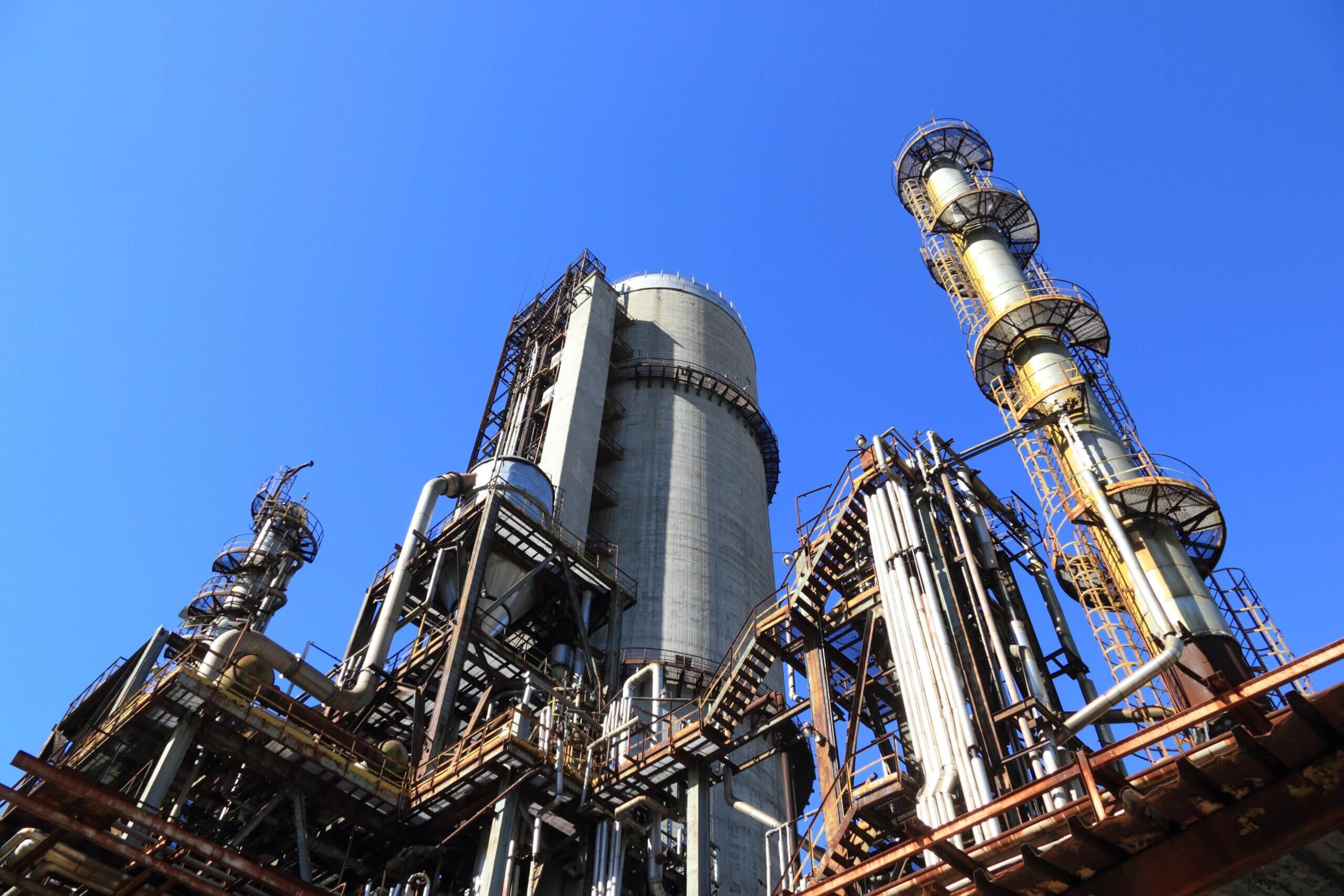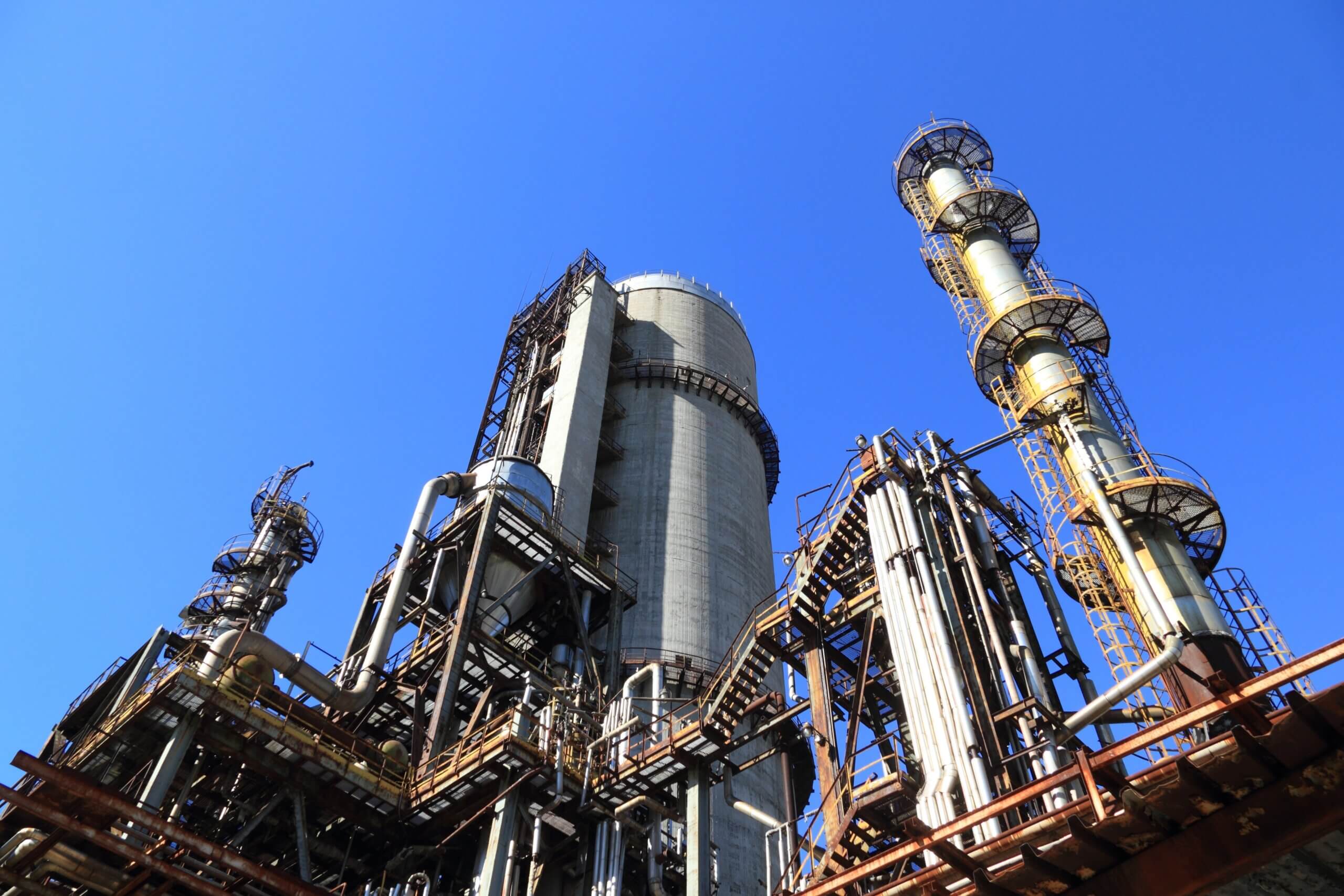“Deglobalization” has entered the narrative zeitgeist. But what’s happening on the ground? This weekly series seeks to answer that question with a round-up of deglobalization developments from the week that’s done.
1. SkyWater Technology, a US-based foundry, has completed the first phase of its silicon interposer manufacturing program. The Department of Defense-funded program is intended to offer an alternative to outsourcing packaging and module assembly to Asia. In the follow-up phases, through-silicon vias (TSV) and RF-enabling materials and devices will be incorporated. SkyWater is the only foundry wholly owned by US investors.
2. Per the American Chamber of Commerce in Shanghai, 19 percent of US companies cut their investment in China this year – and some 33 percent of US companies have redirected their planned China investments to other destinations in the same period. Among the notable, recent examples: Apple’s decision to add a second iPhone producer in India and Interparfurms moving its operations back to the US after pandemic-induced disruptions at its Shanghai factory.
3. During a call on third-quarter results, Kellogg’s CEO Steven Cahillane reported that the company continues to face bottlenecks and supply chain shortages. “It stopped getting worse…But there’s not a meaningful improvement in it,” said Cahillane of the challenges Kellog faces. Similarly, a trading report from Aalberts – a Dutch engineering company – noted that “the disruptions in our supply chains still affect our operations and deliveries to our customers. This is leading to inefficiencies, additional costs, and a higher work in progress.”
4. Similarly, a trading report from Aalberts – a Dutch engineering company – noted that “the disruptions in our supply chains still affect our operations and deliveries to our customers. This is leading to inefficiencies, additional costs, and a higher work in progress.”
5. Apple reported that COVID-19 lockdowns in China are hurting its iPhone production: Due to China’s COVID-19 restrictions, the company’s primary iPhone 14 assembly plant in Zhengzhou is operating at “significantly reduced capacity.” The company expects to make at least 3 million fewer iPhone 14s this year than anticipated and customers will experience longer wait times.
6. The 27th Annual Third-Party Logistics Study found that 80 percent of shippers surveyed have taken or are planning to take action toward “rebalancing production location to move toward more regional or domestic product networks.” The report is a collaboration among the Council of Supply Chain Management, Penn State University’s Smeal School of Business, NTT Data, and Penske.
(Photo by Pexabay/Pexels)




